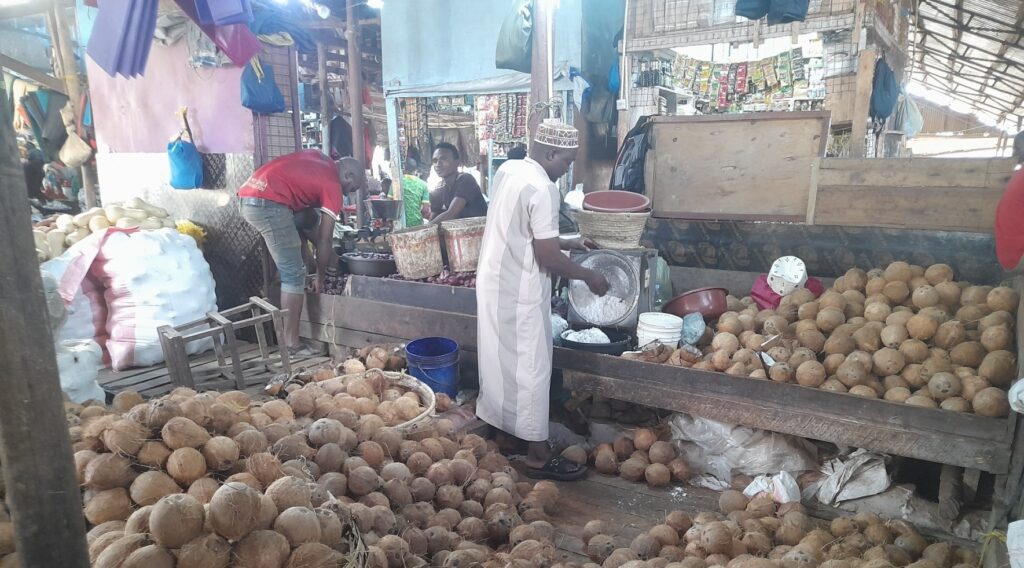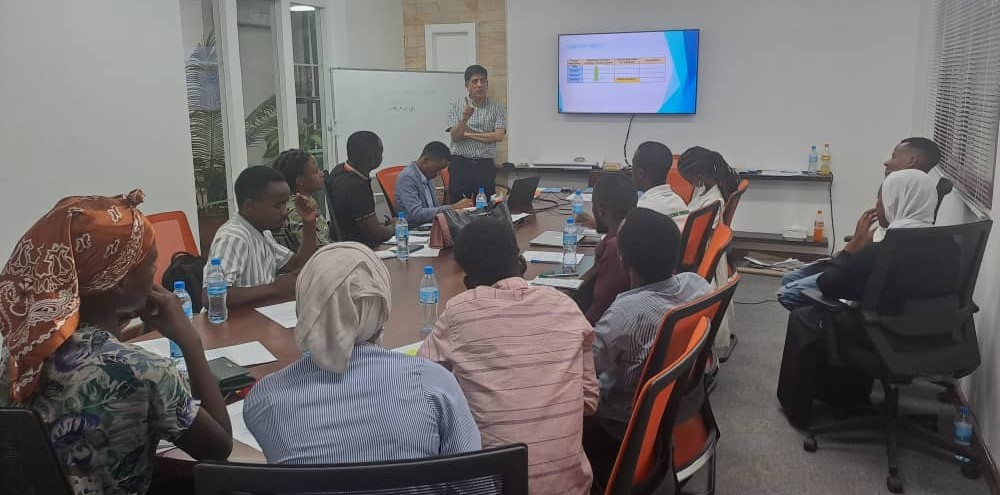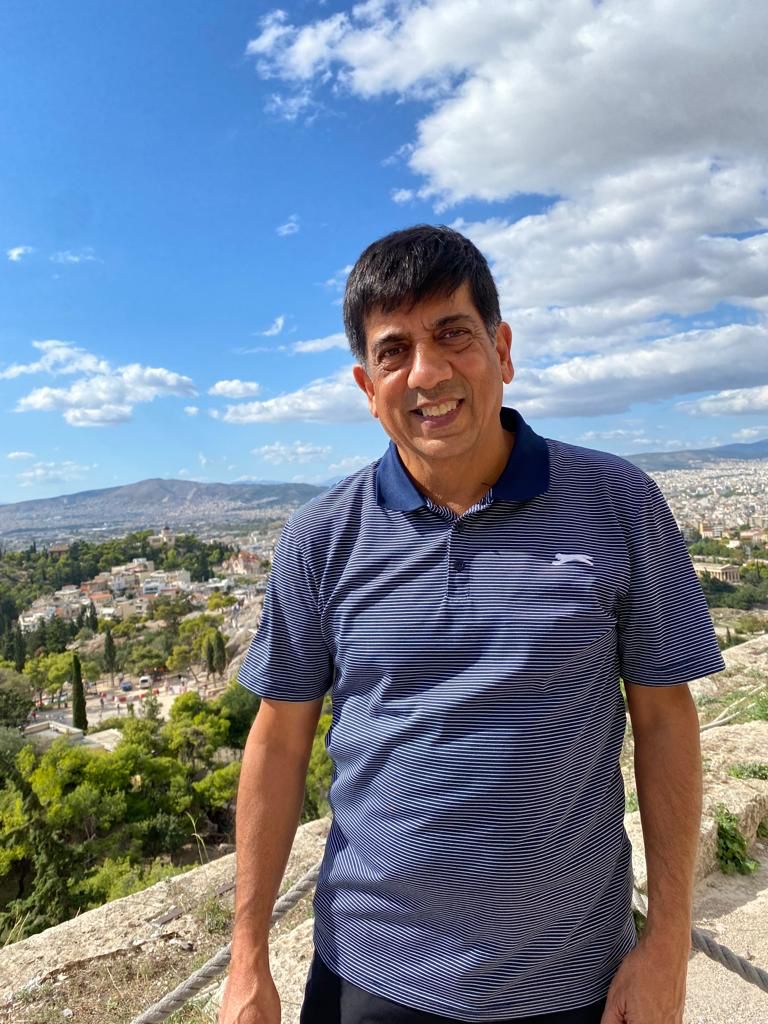By Dr Mansoor Ali
Improved waste management offers a critical opportunity to enhance urban climate resilience. Reducing the generation of certain waste types, such as food waste, significantly contributes to lowering greenhouse gas emissions and mitigates the impact of climate shocks. However, waste management in the cities of many developing countries has been neglected for decades, leading to poor waste collection rates reliant on high-emission vehicles, waste accumulation in drainage systems and uncontrolled dumping at waste disposal sites. These practices result in greenhouse gas emissions, the burning of waste and the release of harmful leachates into water and soil.
As part of the Green Cities and Infrastructure Programme (GCIP), the Dar es Salaam Urban Resilience Project (DURP), in collaboration with the World Bank Tanzania, is improving the capacity of waste management systems in the city to tackle these challenges.
What challenges do people working in this area face and what are the consequences?
Poor waste management makes cities less resilient to the climate shocks. Many cities in developing countries operate waste management systems on traditional principles such as removing mixed waste from urban areas with minimal focus on reducing waste generated, upgrading disposal sites, or strengthening the system’s capacity by working with key stakeholders.
This often results in waste blocking drains, causing urban flooding, while uncollected waste is frequently burned, releasing smoke, harmful gases, dust and particulate matter. Final disposal sites remain uncontrolled, receiving significant amounts of organic and food waste, which emit methane – a potent greenhouse gas – and discharge leachate-containing harmful chemicals.
Although many cities have well-drafted waste management policies, these often fall short due to a lack of financial resources and limited institutional and human capacity.
What is GCIP doing to address these challenges?
Through DURP, GCIP is supporting Dar es Salaam to overcome these challenges by implementing initiatives in food waste, recycling, climate finance, capacity development, digital solutions and greenhouse gas modelling for the city. DURP will provide critical data and analysis to aid the World Bank, the City Corporation and other stakeholders in decision making and planning, as well as new climate finance resources for the waste management sector.
For instance, in its food waste reduction component, DURP is exploring the feasibility of separating food waste from mixed waste streams and providing data and analysis on key food waste sources. The programme also assesses the potential to scale up innovative food waste processing initiatives already operating in the city.

A market in Dar es Salaam where DURP is working with to improve waste management.
In the recycling component, DURP has produced Dar es Salaam’s first-ever profiles of key recycling groups, detailing how they are inter-connected and estimating the quantities of waste separated and recycled. DURP’s capacity development component is focused on empowering and supporting stakeholders to initiate actions and mainstream effective waste management practices in the future.

Dr. Mansoor Ali delivering a capacity-building workshop to young professionals in Dar es Salaam.
What are the next steps for DURP?
DURP will collect and analyse critical data on food waste management, recycling and capacity building. It will develop the capacity of the city council staff, young professionals and other key stakeholders, equipping them with the knowledge needed for long-term resilience planning.
The programme will deliver 15 outputs, including reports, events, funding proposals and datasets, which will support planning and implementation contracts commissioned by the World Bank for Phase 2 of the Dar es Salaam Metropolitan Development Programme.
By increasing financing and investment in circular economy infrastructure and strengthening the city’s institutional frameworks, DURP will play a pivotal role in improving Dar es Salaam’s resilience to climate shocks and enabling sustainable, long-term development.
For updates on how DURP progresses, follow GCIP on LinkedIn or sign up to the Centre of Expertise newsletter.
 Dr Mansoor Ali is the Team Leader of DURP and an experienced solid waste management professional, based in the UK with experience throughout African and Asian countries.
Dr Mansoor Ali is the Team Leader of DURP and an experienced solid waste management professional, based in the UK with experience throughout African and Asian countries.
Published
13/01/25
